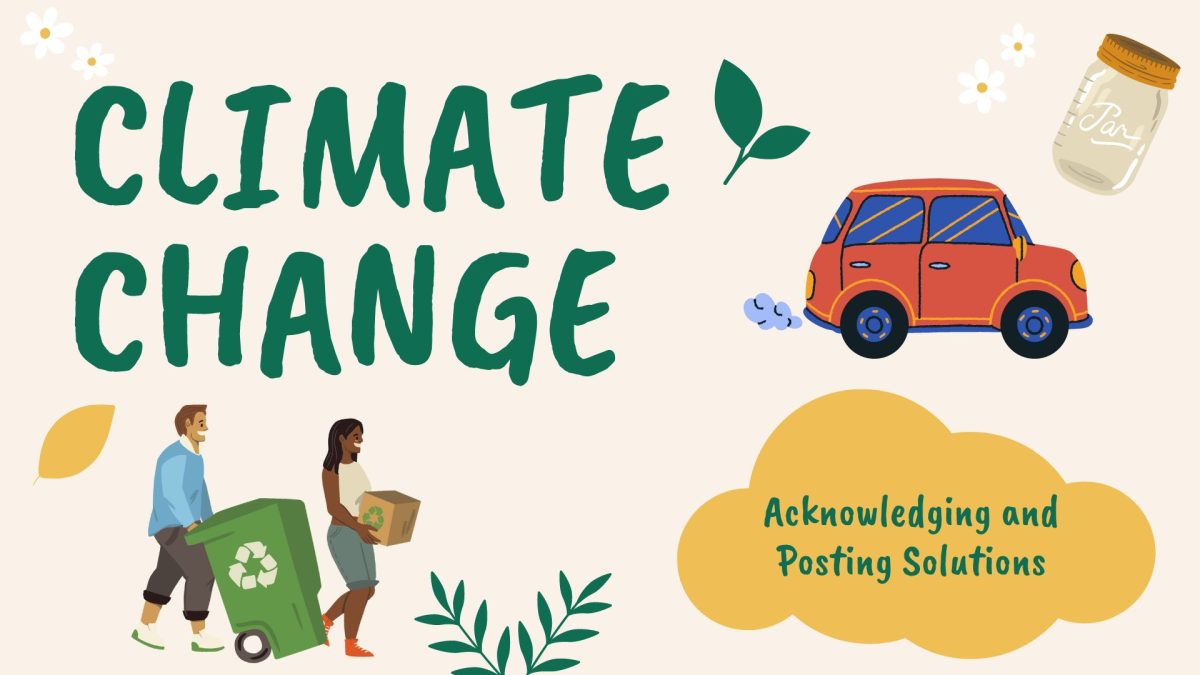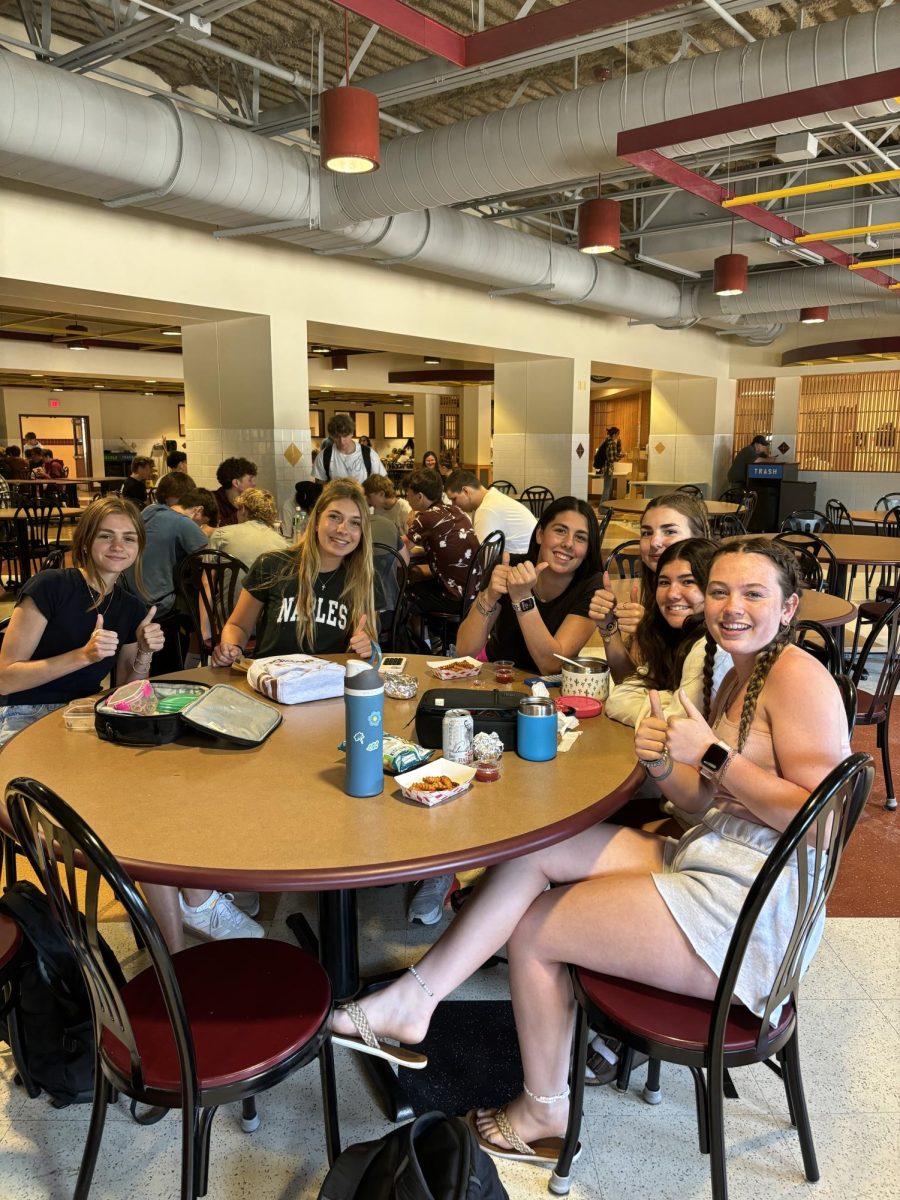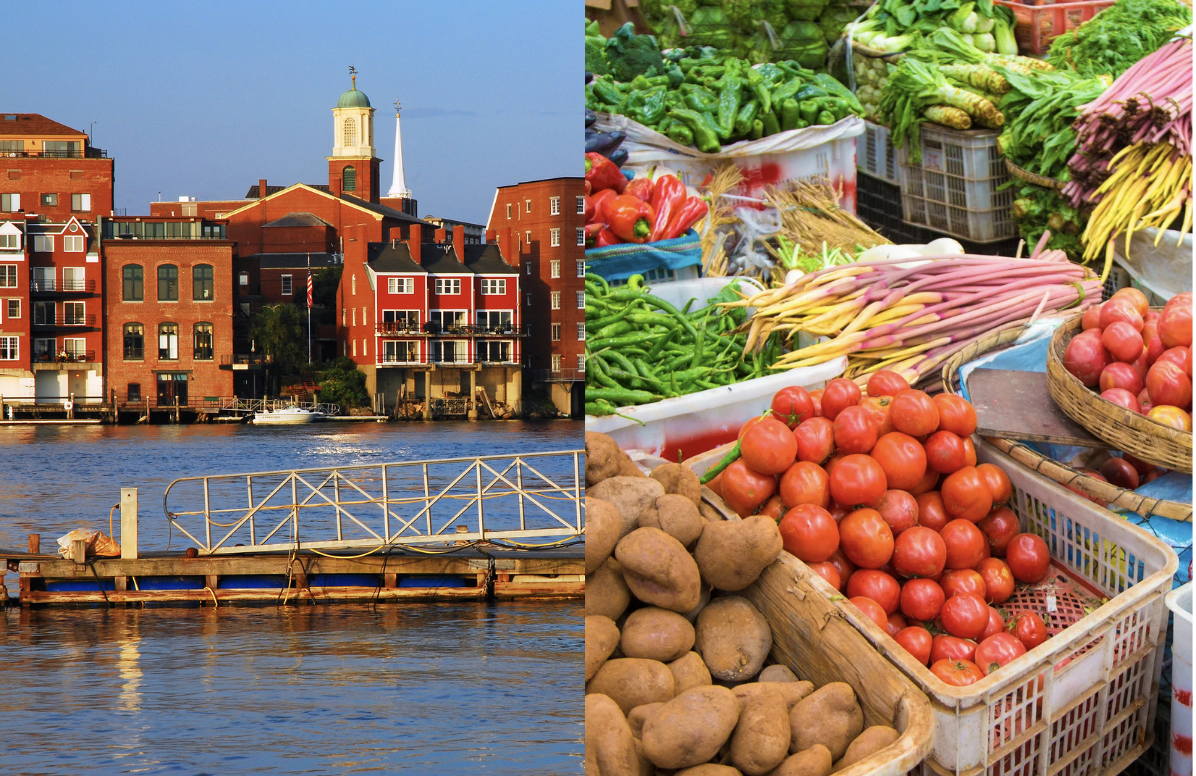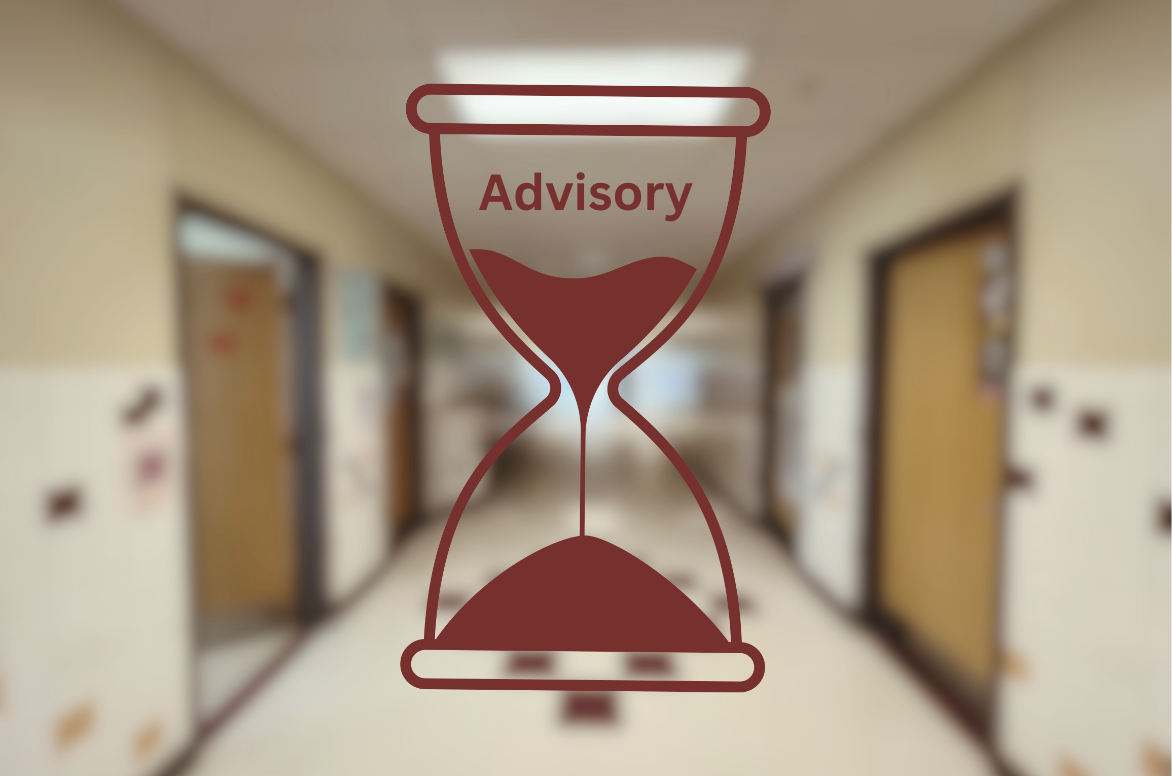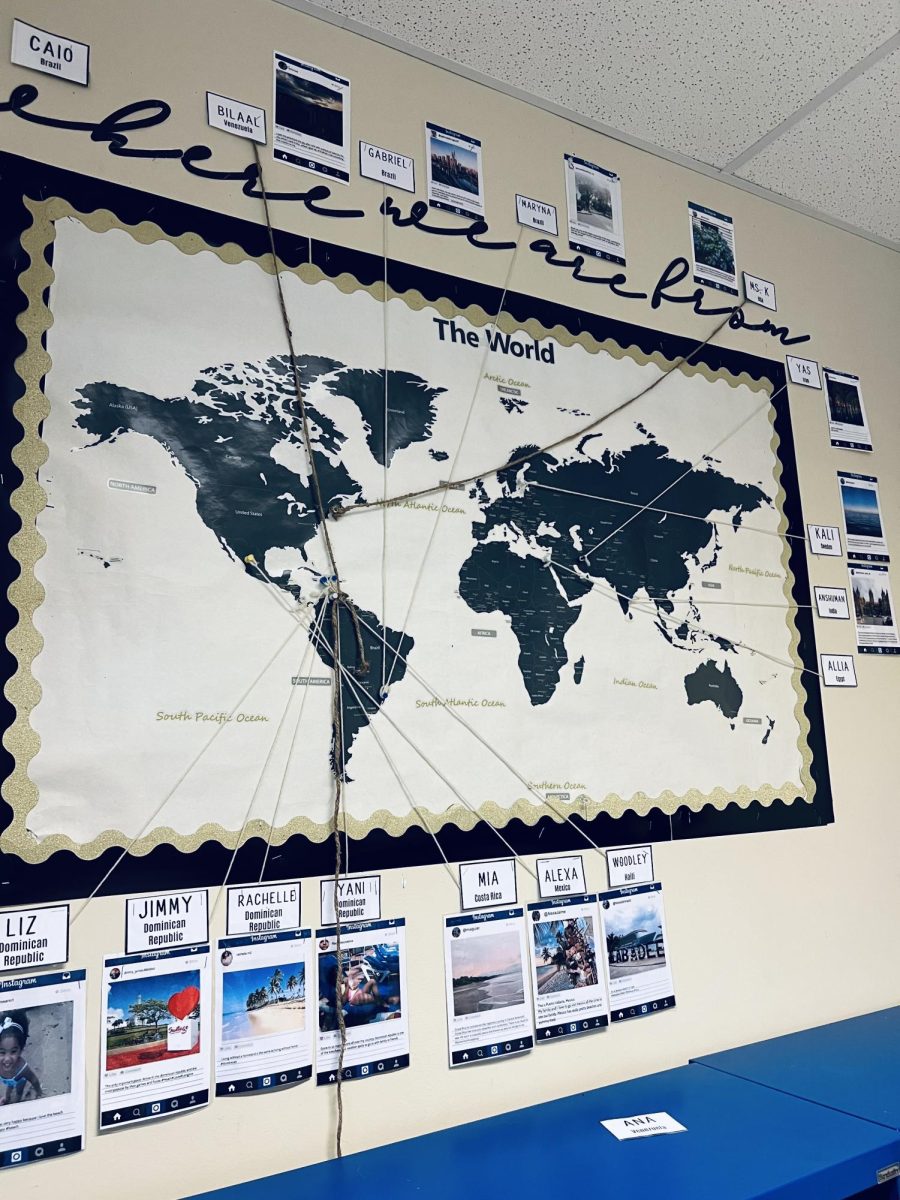As students, we stand at the threshold of a crucial moment in history, one where our decisions today will impact the world we inherit. At the face of our concerns lies the critical dilemma of climate change.
“Earth’s climate is now changing faster than at any point in the history of modern civilization, primarily as a result of human activities,” states NASA Goddard Institute for Space Studies.
The deterioration of the ozone layer gained significant national discourse as scientists urged the reduction of greenhouse gas emissions in the late 1980s. What are greenhouse gases, and how do they end up detrimental to Earth?
Greenhouse gases trap heat by absorbing infrared radiation, thus earning the name greenhouse. Similar to a greenhouse, where plants grow, these gases act as a shield, trapping the heat from the Sun into the Earth’s atmosphere. To an extent, these greenhouse gases are necessary for supporting human life due to their warming effect.
However, when extensive amounts of greenhouse gases are emitted into the atmosphere through the burning of fossil fuels, a significant problem arises. Too much of the Sun’s radiation is trapped in the atmosphere, thus warming the surface of the Earth. This problem has presented itself for years, but it is now up to us to fix it.
The scientific research behind climate change is vast. Years of research by scientists worldwide have provided overwhelming evidence indicating that human activities are driving changes in the Earth’s climate.
“Burning fossil fuels, cutting down forests, and farming livestock are increasingly influencing the climate and the earth’s temperature,” states the European Union.
Fossil fuels are burned to attain energy. Nevertheless, emissions are only on the rise. In 2023, fossil fuel emissions rose by 1.1 percent to 36.8 billion metric tons of carbon dioxide. Additionally, according to the NOAA’s Annual Climate Report, the global temperature has risen at an average of 0.11 degrees Fahrenheit per decade since 1850.
However, despite the overwhelming evidence presented regarding climate change and its impacts on our world, there is a disconnect between evidence and public perception, thus leading to both uncertainty and passivity.
In order to combat these challenges, it is necessary to understand how climate change affects individual communities. Looking at our city, Portsmouth is a watershed. This means that all rainfall is channeled toward the Piscataqua River and the Atlantic Ocean.
“Watersheds are affected by climate changes that alter the quantity, quality, timing, and distribution of water. Climate change exacerbates the cumulative impacts of past land-uses, water withdrawals, and disturbances in a watershed,” states the USDA.
As we get further and further into the effects of climate change, we begin to realize that the time to take action is no other than now. Taking on as big of a challenge as global warming is not something that can be easily done. It takes continuous time and effort.
Yet, the effects of climate change are not taking as much time. As a city, state, country, and world continue to ignore the speed and urgency of its effects, will we begin to succumb to its fate?
“Given that we’ve seen an unprecedented jump in global warmth over the last 11 months, it is not surprising to see worsening climate extremes so early in the year. If this record pace of warming continues, 2024 will likely be a record year of climate disasters and human suffering,” says University of Michigan environment dean, Jonathan Overpeck.
Although the clock seems to be ticking away on the time we have left until the damage we have made to our planet is irreversible, when we begin to come together to solve a common problem, the ticking begins to wane.
“While we cannot stop global warming overnight, we can slow the rate and limit the amount of global warming by reducing human emissions of heat-trapping gases,” says the National Oceanic and Atmospheric Administration.
Though most data regarding climate change presents the damage we have done and how we have done it, it is more important than ever to focus on the ways to fix it. We are now in the time frame where if the change is going to happen, it needs to happen now.
As we continue our high school journey, we have the ability to make decisions that impact our community, allowing us to foster a better future.
Please read my next column, posted on May 31st.


